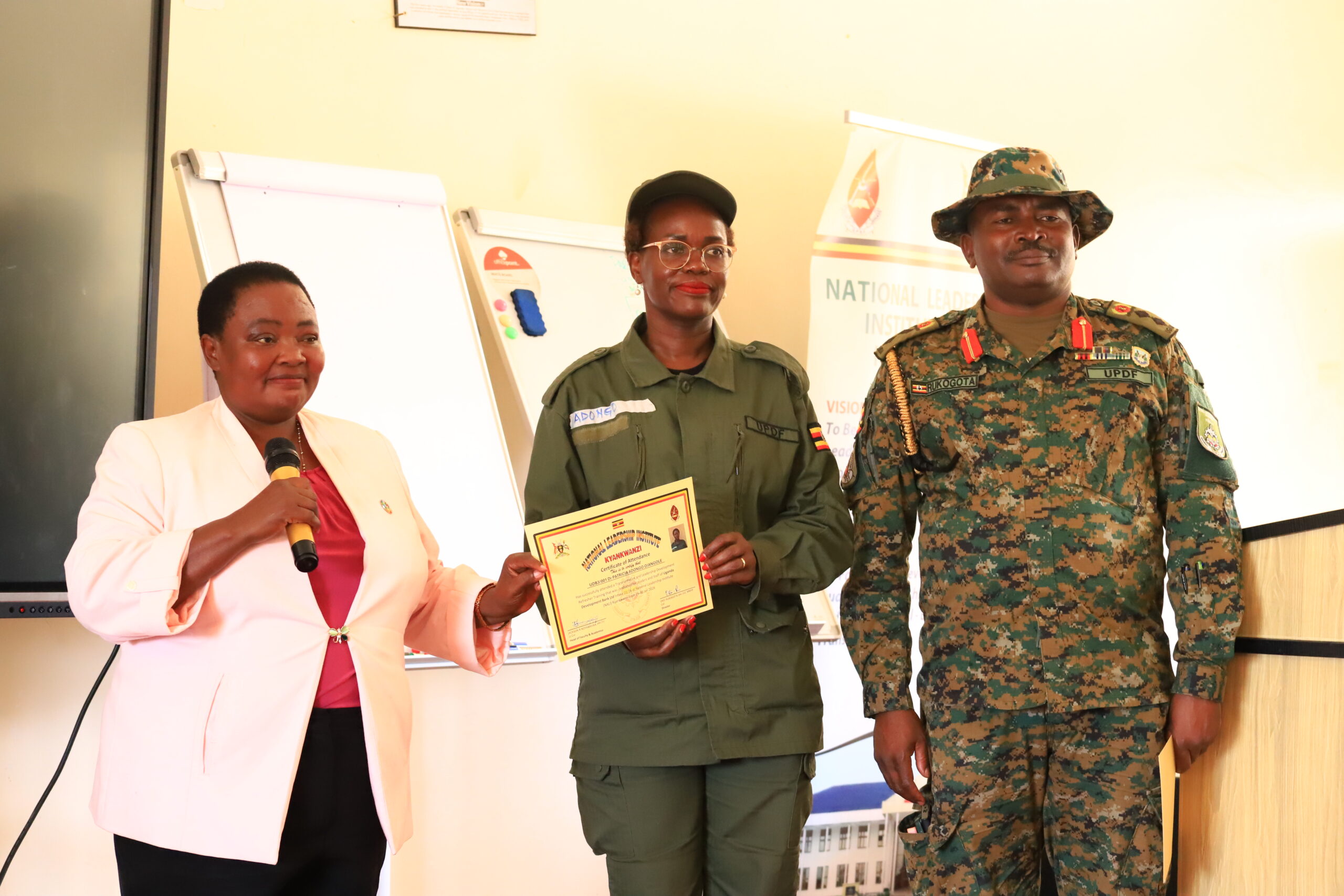By Adja Boudy Kante
My name is Adja Boudy Kanté. I am 32 years old, a mother, and a proud young entrepreneur from Senegal. I grew up in Guediawaye, just outside Dakar, and I have dedicated my life to creating nutritious, healthy products from local cereals, products that heal, empower, and redefine the future of African food.
I am writing this letter not just as an individual, but as a voice for thousands of young Agripreneurs across Africa who are working tirelessly to build a resilient, sustainable, and self-sufficient food system for our continent.
The inspiration behind my work is deeply personal. My parents live with diabetes, and I have witnessed firsthand the devastating impact of poor diets and reliance on imported processed foods. I refused to accept this as our inevitable future. In 2019, I founded Cereal House, a company that transforms traditional African cereals like millet and sorghum, along with nutrient-rich superfoods like moringa, into healthy, accessible products for our families, our youth, and those battling chronic illnesses.
However, we are not just selling granola but rather rewriting the story of African food to make it modern, relevant, and proudly local. Yet, behind every product we create lies a mountain of challenges. Being a young Agripreneur in Africa is a test of resilience. Every day, we face:
- Finance that doesn’t fit us: Banks treat us as high-risk, demanding guarantees we don’t have and imposing interest rates we cannot afford.
- Logistics that block us: Transporting products from Dakar to Abidjan can feel harder than exporting to Europe.
- Infrastructure that limits us: We lack cold chains, storage facilities, and semi-industrial processing capacity to scale our businesses.
- Fragmented standards: Each country has its own food certification rules, making it nearly impossible to export within Africa.
- Unfair competition: Subsidized imports flood our markets, while our high-quality African products remain undervalued and underrecognized.
These challenges are not unique to me. They are shared by thousands of young innovators across the continent who are building businesses to feed our people and power our economies.
Let me share a story: A gourmet store in Côte d’Ivoire once discovered Cereal House online and was eager to stock our products. I was thrilled until the reality of cross-border trade set in. Sky-high transport costs, complex customs processes, and unrecognized certifications meant the opportunity slipped through my fingers. The demand was there, but the system failed us. This is where the African Continental Free Trade Area (AfCFTA) offers hope. It has the potential to be a bridge between where we are and where we can be.
It could:
- Unlock new markets, allowing our products to flow seamlessly from Senegal to Kenya, Ghana to Cameroon, and beyond.
- Unify standards, reducing costs and simplifying trade across borders.
- Streamline customs and logistics, creating faster, more predictable systems.
- Inspire pan-African collaboration, fostering shared resources, knowledge, and innovation.
- Attract investment, turning small ventures into major opportunities within a unified market of 1.4 billion people.
But this is not just about policy on paper. It is about real change for real people. For young agripreneurs like me, AfCFTA could be the difference between struggling to survive and thriving.
I dream of an Africa where a farmer in Mali can sell her millet in Senegal with ease, where a processor in Dakar can transform it into a nutritious snack and ship it to customers in Rwanda, Côte d’Ivoire, or Zambia without a hundred hurdles. I dream of an Africa where “Buy African” is not just a campaign but a lifestyle where our food is proudly on our shelves, in our schools, and on our tables.
To the leaders, policymakers, and partners attending the Africa Food Systems Forum, here is what we need:
- Harmonized food safety and certification standards across Africa.
- Simplified and transparent customs procedures.
- Investments in logistics, cold chains, and trade infrastructure.
- A continental fund dedicated to supporting youth-led agrifood businesses and innovation.
We don’t need handouts. We need fair systems, access, and belief. Young people are the heart of Africa’s food revolution. We have the ideas, the energy, and the will. Give us the tools, and we will feed Africa and the world.
With hope, determination, and deep love for this continent,
The Writer is the Founder, Cereal House, Senegal.
Young Agripreneur & Advocate for Healthy, Local African Food.





















